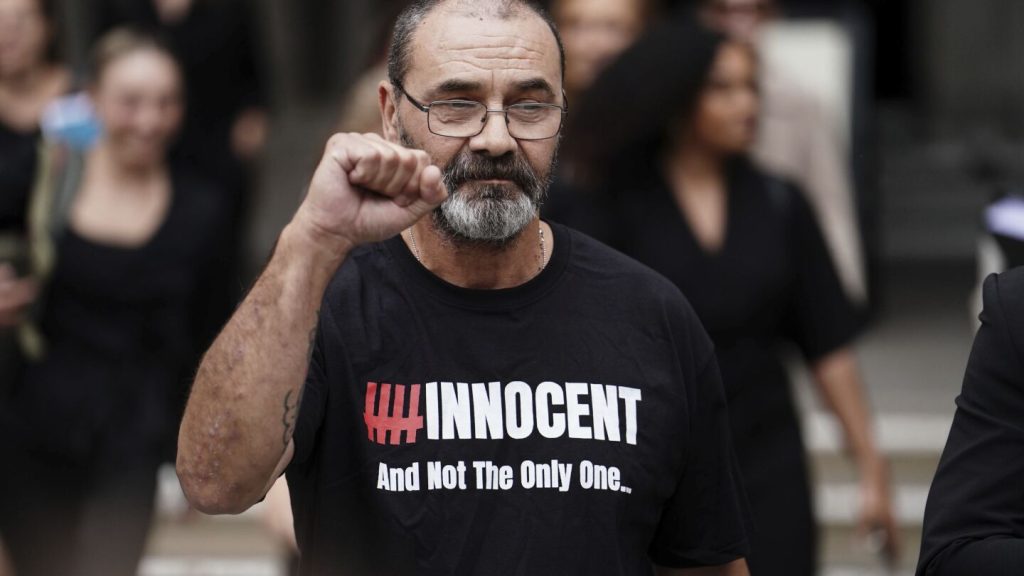Malkinson, a British man who wrongfully spent 17 years in prison for a rape he didn’t commit, received an apology from the Criminal Cases Review Commission (CCRC) for failing him in his attempts to have his conviction referred to the Court of Appeal. Despite being rejected by the commission twice, Malkinson’s conviction was ultimately quashed last July after DNA evidence linked another suspect to the crime. The chair of the commission, Helen Pitcher, expressed deep regret and offered an unreserved apology to Malkinson for the devastating impact his wrongful conviction had on his life.
Malkinson expressed feelings of vindication upon receiving the apology from the CCRC but stated that it was “too little too late.” He highlighted the mental turmoil caused by the commission’s delay in apologizing to him and emphasized the pain he endured as a result of their failings. An investigation is also being carried out into Greater Manchester Police for withholding evidence in Malkinson’s case, along with doubts emerging over the testimonies of prosecution witnesses. The British government is conducting its own inquiry into the miscarriage of justice, and Malkinson called for new leadership at the CCRC, urging Justice Secretary Alex Chalk to bring in individuals with empathy and a track record of fighting injustice.
Convicted of a 2003 rape in Salford, Malkinson was identified by the victim in a police lineup and sentenced to life in prison with a minimum term of seven years. Despite no DNA evidence linking him to the crime, Malkinson maintained his innocence throughout his incarceration, leading to an additional 10 years behind bars. He was released from prison in 2020, but remained on the sex offenders’ list until his conviction was overturned. Another man has been arrested for the 2003 rape, and he is currently on bail.
Malkinson’s case shines a light on the failures within the criminal justice system and the impact of wrongful convictions on individuals’ lives. The delay in righting the wrongs done to Malkinson further exacerbated his suffering, emphasizing the need for accountability and reform within the CCRC and law enforcement agencies. As Malkinson continues to fight for justice and accountability, he calls for new leadership within the CCRC and the appointment of individuals who prioritize empathy and fighting against injustice.
The apology from the CCRC serves as a small step towards rectifying the injustices faced by Malkinson, but much more needs to be done to address the failings that led to his wrongful conviction. The ongoing investigation into Greater Manchester Police and the British government’s inquiry into miscarriages of justice demonstrate a commitment to uncovering the truth and holding those responsible accountable. Malkinson’s case serves as a stark reminder of the importance of ensuring due process and protecting the rights of individuals within the criminal justice system. As he continues his fight for accountability, Malkinson’s story highlights the need for reform and compassion within the legal system to prevent further miscarriages of justice in the future.


